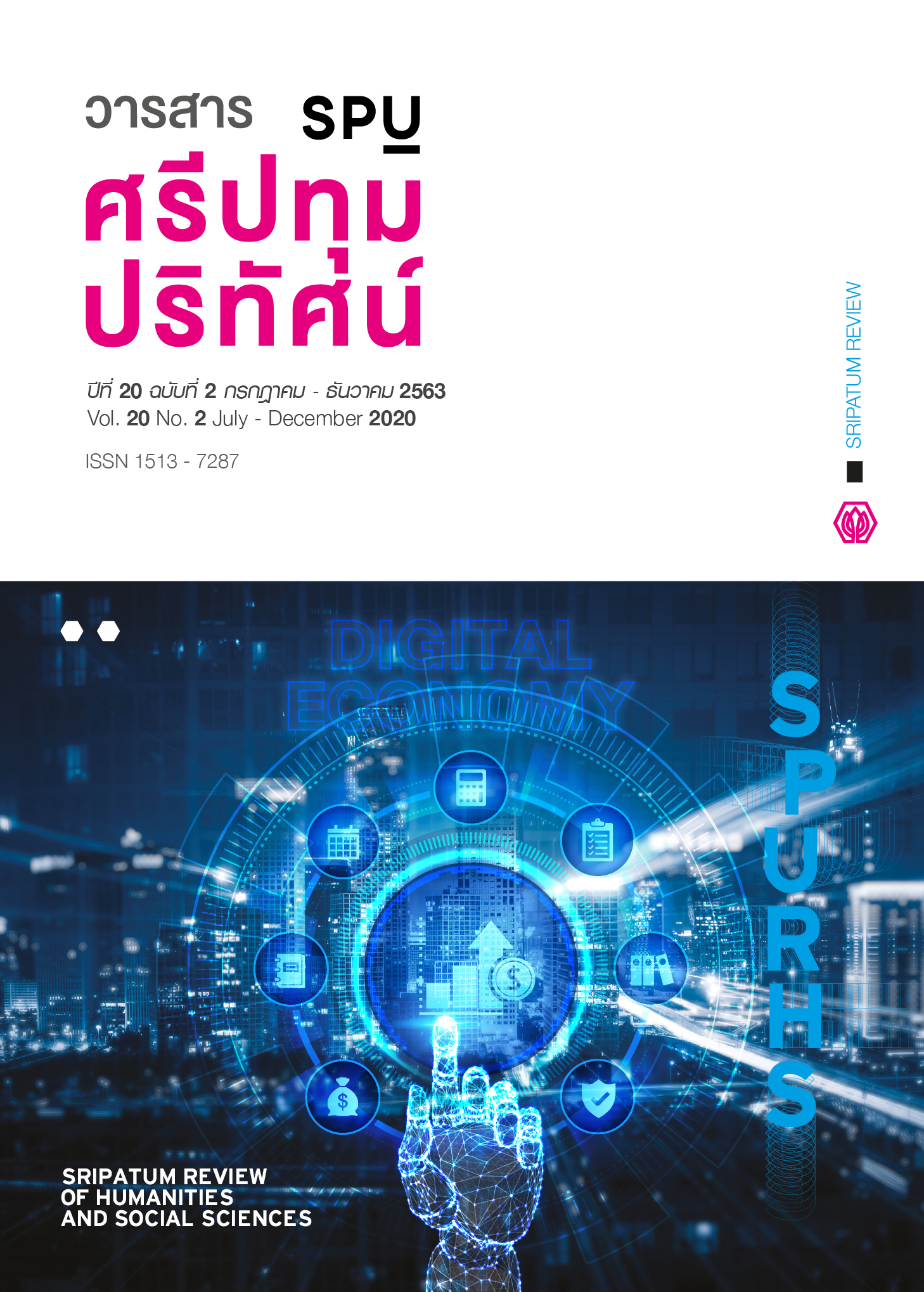Guidelines for Determination of Work Schedule for Air Traffic Control Officers in Bangkok Area Aviation Control Centre
Main Article Content
Abstract
The objectives of this research were to study how an Air Traffic Control Officer's (ATCO) work schedule could result in fatigue based on international standards of working hours, the impacts of the work schedule, and then to propose a work schedule that would minimize the impact of fatigue on ATCO's. This research was a qualitative research starting with documentary study of related research literature and then conducting in-depth interviews of research informants consisting of 20 officers in the Bangkok Area Aviation Control Centre in order to collect data on the impacts of the current work schedule on various dimensions of fatigue. Then, the researcher proposed a new work schedule that had been verified in terms of appropriateness and feasibility by 3 experts with the use of the Fatigue Index (FI). Research findings indicated that the current ATCO's work schedule had long working hours under the increasing workload resulting in the occurring of fatigue that affected the officers’ physical and mental health and their work performance efficiency. Consequently, the researcher proposed an alternative work schedule based on the standards of both the International Civil Aviation Organization and the Civil Aviation Authority of Thailand in order to reduce such fatigue. The proposed appropriate work schedule would be based on a 5-day rotation, including 3 working days with 8 working hours per day, and 2 holidays.
Article Details
1. กองบรรณาธิการสงวนสิทธิ์ในการพิจารณาและตัดสินการตีพิมพ์บทความในวารสาร
2. บทความทุกเรื่องจะได้รับการตรวจสอบทางวิชาการโดยผู้ทรงคุณวุฒิ แต่ข้อความและเนื้อหาในบทความที่ตีพิมพ์เป็นความรับผิดชอบของผู้เขียนแต่เพียงผู้เดียว มิใช่ความคิดเห็นและความรับผิดชอบของมหาวิทยาลัยศรีปทุม
3. การคัดลอกอ้างอิงต้องดำเนินการตามการปฏิบัติในหมู่นักวิชาการโดยทั่วไป และสอดคล้องกับกฎหมายที่เกี่ยวข้อง
References
Aeronautical Radio of Thailand Ltd. (2019). Training of air travel control staff in 12 sectors. Bangkok: Aeronautical Radio of Thailand. (in Thai)
Chulalongkorn University Intellectual Property Institute. (2017). Intellectual Property Innovation Driven Enterprise (IP IDE Center). The report of aviation and logistics, December 2017 at Bangkok, 1-69. (in Thai)
Civil Aviation Authority. (2019). CAP 670 Air Traffic Services Safety Requirements. 3rd ed. Gatwick Airport South: Civil Aviation Authority.
Costa, G. (2015). Working and Health Conditions of Italian Air Traffic Controllers. International Journal of Occupational Safety and Ergonomics, 3(6), 365-382.
Eiampan, T. (2019). Human Error Management in Aviation. Sripatum Review of Humanities and Social Sciences, 19(2), 166-176. (in Thai)
Harrington, J. (2001). Health effects of shift work and extended hours of work. Occupational and Environmental Medicine, 58, 68–72.
International Civil Aviation Organization. (2016). Manual for the Oversight of Fatigue Management Approaches. Doc9966. 2nd ed. Montreal: International Civil Aviation Organization.
International Federation of Air Traffic Controllers’ Associations. (2013). Fatigue Risk Management Systems. Bali: International Federation of Air Traffic Controllers’ Associations.
Loura, J. (2014). Human Factors and Workload in Air traffic Control Operations - A Review of Literature. International Journal of Trends in Business Administration, 7(3), 190-210.
Manon, W. (2016). Thailand lacks of aviation personnel. [Online]. Retrieved February 2, 2020, from: https://www.thairath.co.th/content/497994. (in Thai)
Sukmanop, C. (2018). Conference of the trends in aviation industry “Take Off Conference: Chapter 1 – Bound for the Future”. [Online]. Retrieved February 2, 2020, from: https://www.caat.or.th/th/archives/38486. (in Thai)
The Civil Aviation Authority of Thailand. (2019). Manual of Standards Air Traffic Management Service: Air Traffic Services. Bangkok: The Civil Aviation Authority of Thailand.
The European Organization for Safety of Air Navigation. (2006). Managing Shiftwork in European ATM: Literature Review. Brussels: The European Organization for Safety of Air Navigation.
The European Organization for Safety of Air Navigation. (2007). Fatigue and Sleep Management. Brussels: The European Organization for Safety of Air Navigation.


